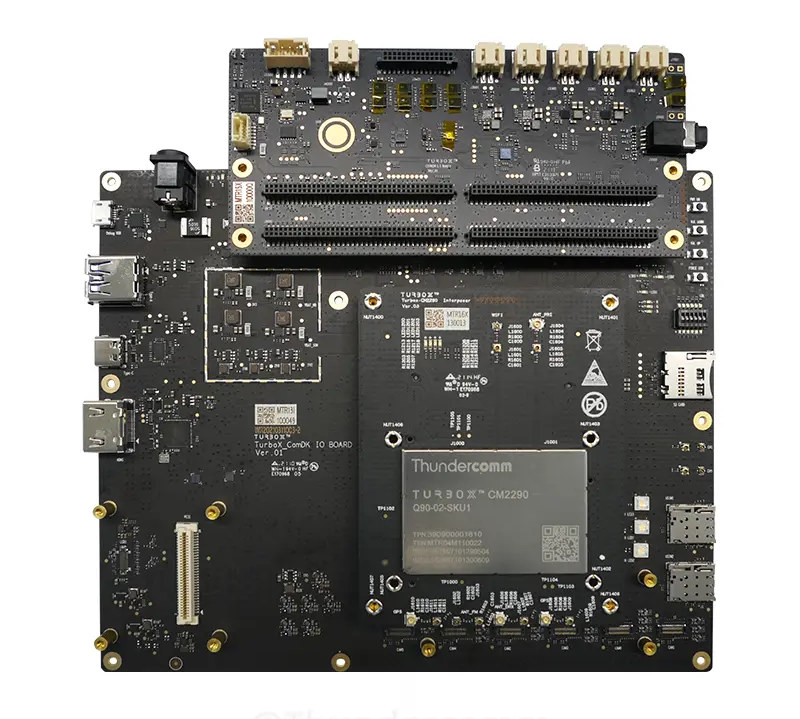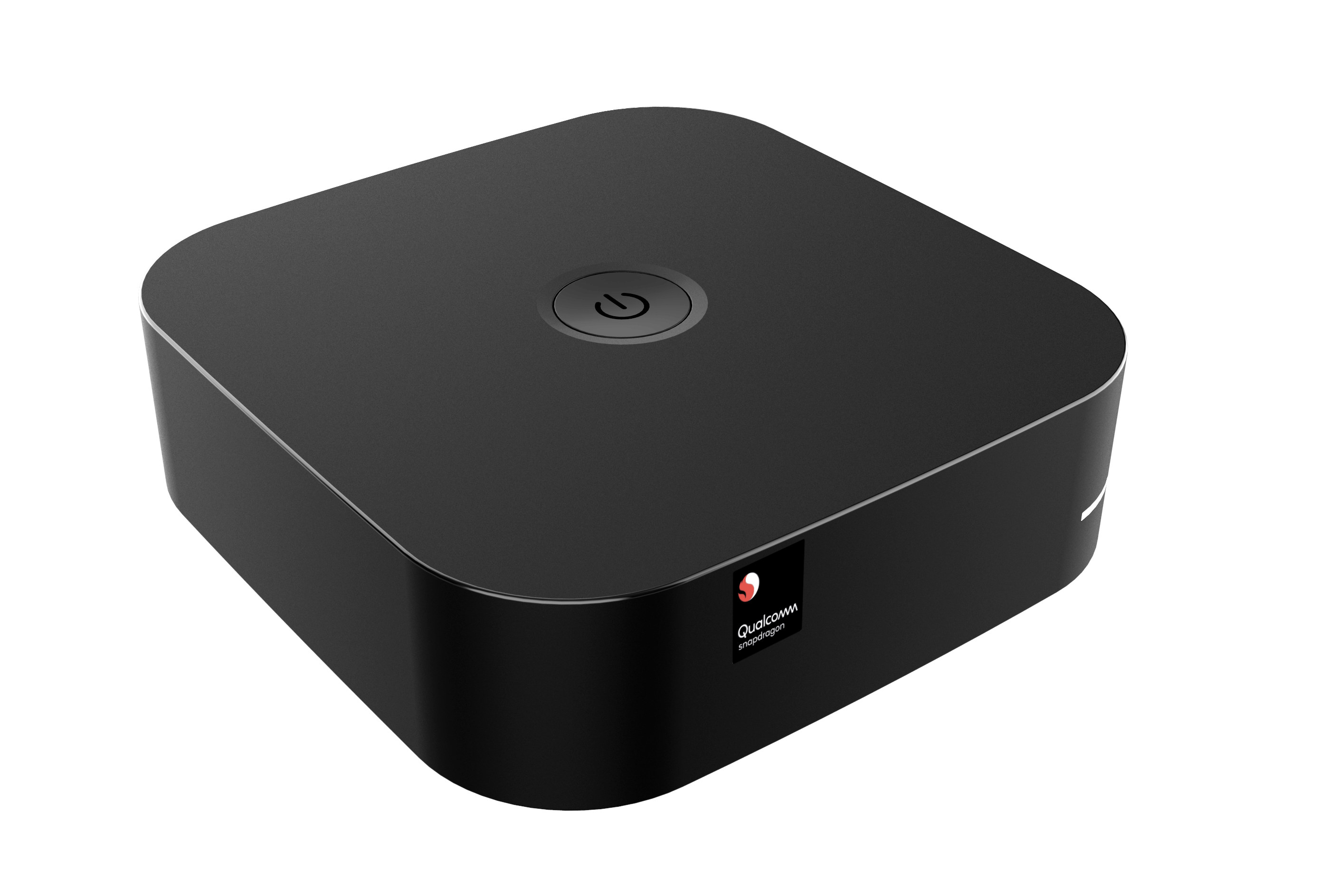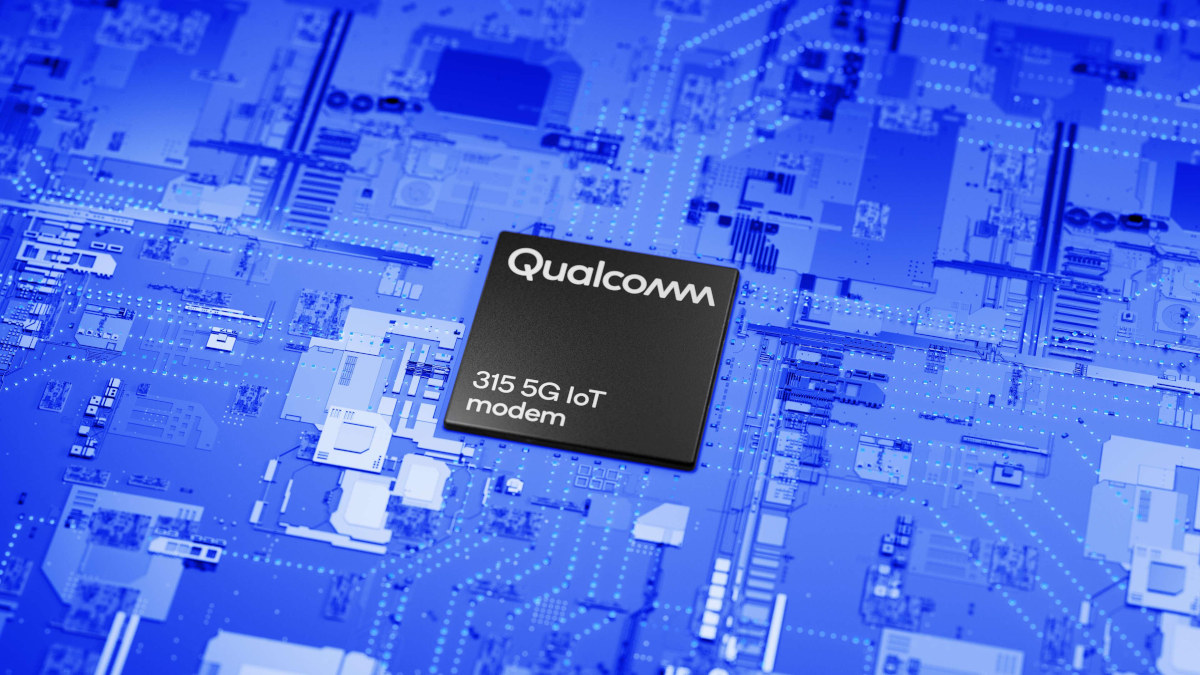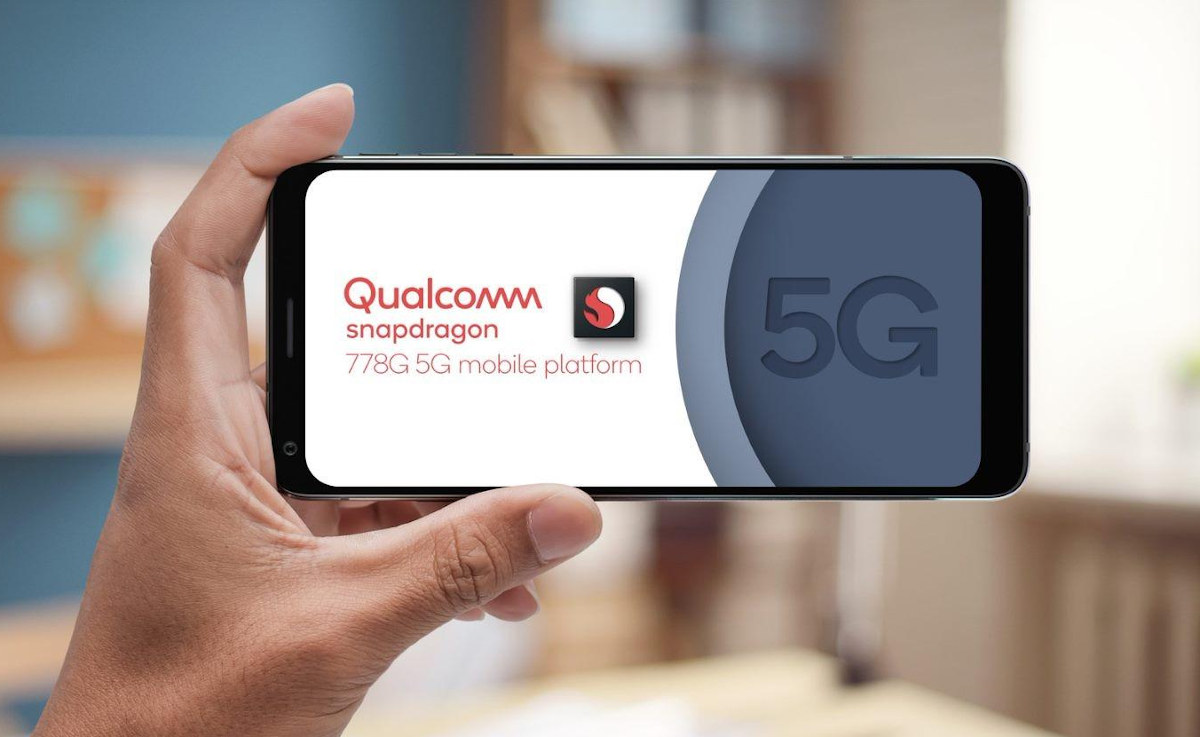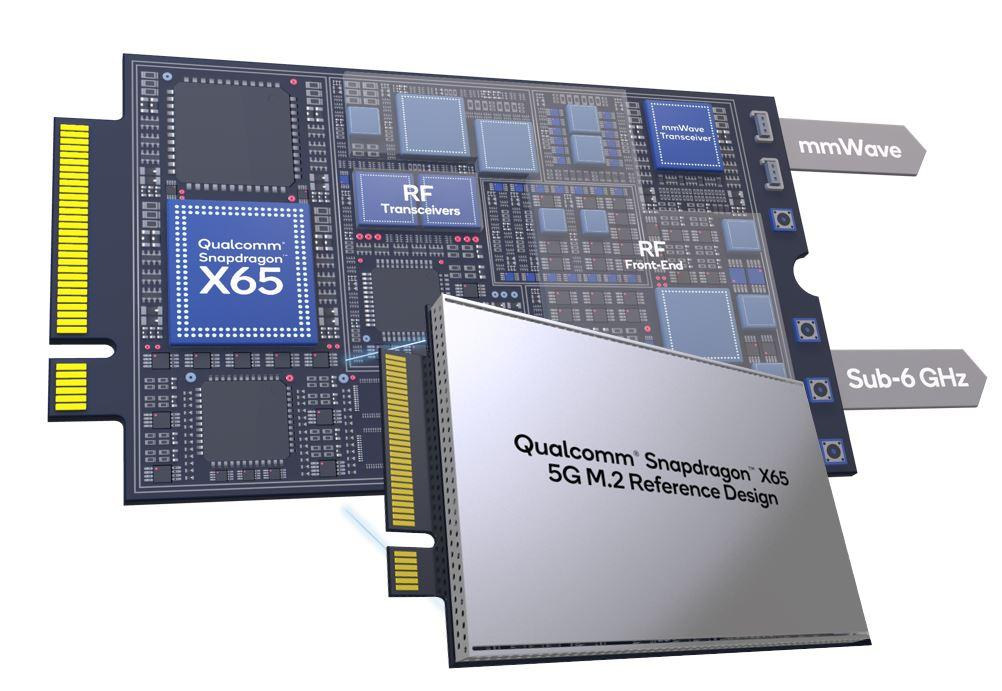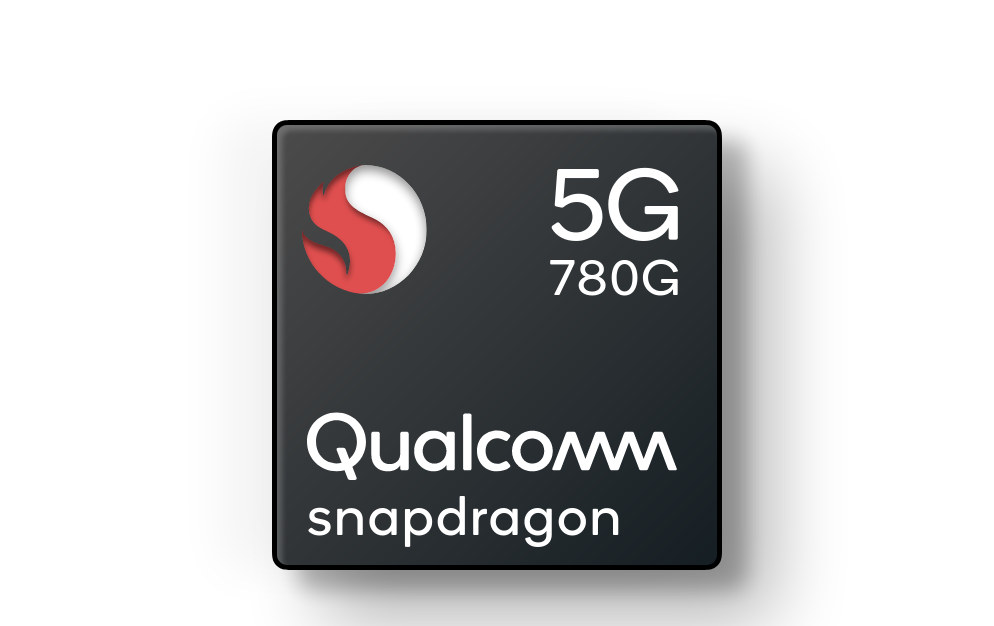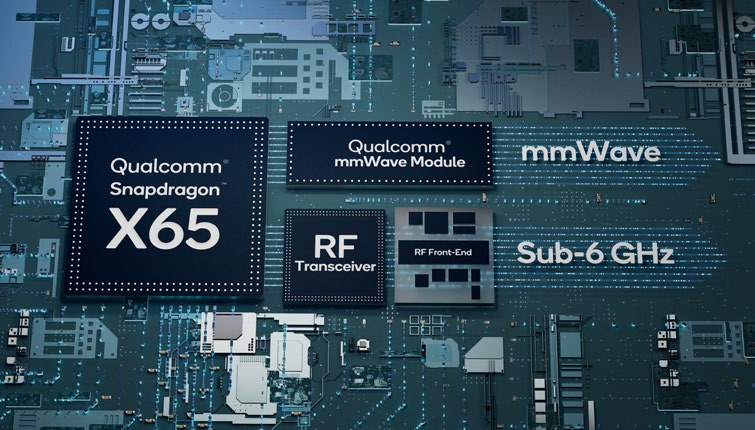Last June, Qualcomm introduced several industrial IoT solutions that we did not cover at the time with Qualcomm QCM2290/QCS2290 IoT chip for camera applications, industrial handhelds, retail and tracking, Qualcomm QCS8250 WiFI 6 & 5G SoC for connected healthcare, digital signage, retail, and video collaboration, Qualcomm QCS6490/QCM6490 WiFI 6E & 5G SoC for connected healthcare, logistics management, retail, transportation, and warehousing, and Qualcomm QCS4290/ QCM4290 designed for cameras, industrial handhelds, and security panels with 4G LTE and WiFi 6 connectivity. Shortly after Qualcomm’s announcement, Thundercomm introduced the TurboX C2290/CM2290 system-on-module respectively based on Qualcomm’s quad-core Cortex-A53 QCS2290 SoC and QCM2290 SoC adding 4G connectivity. The module also offers WiF & Bluetooth, as well as MIPI display & camera interfaces, and the TurboX CM2290/C2290 development kit is also available to get started. TurboX CM2290 and C2290 SoM Specifications: SoC – Qualcomm Snapdragon QCM2290 or QCS2290 quad-core Cortex-A53 processor at up to […]
Software-based neural video decoder leverages AI accelerator on Snapdragon 888
Sometimes hardware blocks got to work on tasks they were not initially designed to handle. For example, AI inference used to be mostly offloaded to the GPU before neural network accelerators became more common in SoC’s. Qualcomm AI Research has now showcased a software-based neural video decoder that leverages both the CPU and AI engine in Snapdragon 888 processor to decode a 1280×704 HD video at over 30 fps without any help from the video decoding unit. The neural video decoder is still a work in progress as it only supports intra frame decoding, and inter frame decoding is being worked on. That means each frame is currently decoded independently without taking into account small changes between frames as all other video codecs do. The CPU handles parallel entropy decoding while the decoder network is accelerated on the 6th generation Qualcomm AI Engine found in Snapdragon 888 mobile platform. This […]
Snapdragon QC710 Developer Kit targets Windows 10 on Arm app development
In order to encourage developers to port their apps to Windows 10 on Arm, Qualcomm and Microsoft have announced the Snapdragon Developer Kit based on a Snapdragon Compute platform and aiming to provide a cost-efficient platform that will be less costly than a laptop. The development kit looks like a mini PC, and while the full specs have not been announced, it could well be powered by the just-announced Snapdragon 7c Gen 2 processor, itself a cheaper version of Snapdragon 7c. Qualcomm did not share photos of all the ports from the developer kit, but the photos we’ve got come with “QC710” file name, and reveal a power button on the top, an LED on one corner, two USB ports, a MicroSD card slot, and a SIM card socket. I’d assume at least one HDMI or DisplayPort at the back, and possibly an Ethernet port, but we just don’t know […]
Qualcomm 315 5G IoT modem announced for 5G IIoT applications
Qualcomm has announced the Qualcomm 315 5G IoT modem just a couple of days after the company’s introduction of Snapdragon 778G 5G SoC and M.2 5G card reference designs based on Snapdragon X65/62 modem. Qualcomm Technologies say it is their first purpose-built Internet of Things modem solution equipped with 5G connectivity and optimized for Industrial IoT (IIoT) applications. Qualcomm 315 5G IoT modem Qualcomm 315 5G IoT modem specifications: CPU – Cortex-A7 core running Linux Cellular connectivity 5G Technology – 3GPP Rel.15 5G NR Peak speeds – Download: 1.54 Gbps; upload: 330 Mbps Modes – SA (standalone), TDD & FDD RF – Adaptive antenna tuning, power tracking Sub-6 GHz Specs – 100 MHz bandwidth, 4×4 MIMO DL, 64 QAM DL/UL 4G LTE Technology – Rel.15 Cat.13 DL, Cat.5 UL Peak speeds – Download: 400 Mbps; upload: 75 Mbps LTE Modes – TDD & FDD LTE RF – 700 MHz to […]
Snapdragon 778G 5G SoC to power “high-tier” smartphones with up to 16GB LPDDR5
There used to be “premium mid-range” smartphones, but Qualcomm now calls those “high-tier” smartphones in the recent announcement of Snapdragon 778G 5G processor succeeding Snapdragon 765G/768G 5G mobile platforms. The octa-core Cortex-A78/A55 SoC features a Snapdragon X53 5G Modem supporting up to 3.7 Gbps downlink, support FHD+ display up to 144 Hz, up to 16GB LP-DDR5 memory, and packs 12 TOPS of AI processing power. Snapdragon 778G (SM7325) specifications: CPU – Eight Kryo 670 CPU cores including 4x Arm Cortex-A78 @ 2.4GHz and 4x Arm Cortex-A55 @ 1.8GHz GPU – Adreno 642L with Vulkan 1.1, Snapdragon Elite Gaming features, H.265 and VP9 video decode, HDR10+, HDR10, HLG DSP – Hexagon 770 Processor with fused AI Accelerator architecture, Hexagon Tensor Accelerator, Hexagon Vector eXtensions, Hexagon Scalar Accelerator 2nd generation Qualcomm Sensing Hub Memory – Up to 16 GB LP-DDR5 memory up to 3200 MHz Display On-Device Display – up to FHD+ […]
Qualcomm unveils Snapdragon X65 and X62 5G M.2 card reference designs
Qualcomm has introduced 5G M.2 card reference designs based on Snapdragon X65 and X62 5G modems with the aim of accelerating 5G adoption in PCs, Always-Connected PCs (ACPCs), laptops, Customer Premises Equipment (CPEs), XR, gaming, and other mobile broadband (MBB) devices. The Snapdragon X65 card will allow download speeds of up to 10 Gbps, while the Snapdragon X62 model can handle up to 4.4 Gbps with both versions compliant with 3GPP Release 16, and supporting mmWave and sub-6GHz networks. For those who may not know, reference designs are ready to be manufactured solutions provided by silicon vendors to OEM’s. So Qualcomm will not sell the cards themselves but instead, rely on partners who may manufacture them as is or with some tweaks. Companies committed to either sell cards or include them into their offering include Compal Electronics, Fibocom Foxconn, MeiG Smart, Partron, Quectel, Sierra Wireless, Telit, and others with most […]
Snapdragon 780G 5G SoC announced with 12 TOPs AI performance, triple ISP, WIFI 6E
Qualcomm has just announced an update to its Snapdragon 765G 5G processor with Snapdragon 780G 5G mobile platform equipped with Qualcomm Spectra 570 triple ISP (Image Signal Processor) and a 6th generation Qualcomm AI Engine that delivers up to 12TOPS AI performance, or twice that of Snapdragon 765G 5G SoC. As a “G” part, Snapdragon 780G comes with Snapdragon Elite Gaming features to improve the gaming experience with updateable GPU drivers, ultra-smooth gaming, and True 10-bit HDR gaming. Snapdragon 780G also updates its 5G modem with Snapdragon X53 with peak download speeds of 3.3 Gbps on sub-6 GHz frequencies, and supports premium Wi-Fi 6/6E and Bluetooth audio features offered on Snapdragon 888 premium SoC. Snapdragon 780G 5G (SM7350-AB) key features and specifications: CPU – Octa-core Kryo 670 processor with 1x Arm Cortex-A78 @ 2.4GHz, 3x Arm Cortex-A78 @ 2.2GHz, 4x Arm Cortex-A55 @ 1.9GHz GPU – Adreno 642 with support […]
Snapdragon X65 is the world’s first 10 Gigabit 5G modem
Announced in 2017, the first Qualcomm 5G modem – named Snapdragon X50 – could achieve up to 5 Gbps downloads, it was following by Snapdragon X55 with peak download speeds of 7 Gbps, and Snapdragon X60 upped that to 7.5 Gbps in 2020. The company has now unveiled its fourth-generation 5G modem with Snapdragon X65 promising up to 10 Gigabit per second peak download speed. The new modem is also said to be the first to feature a 3GPP Release 16 modem-to-antenna solution and may be used in mobile broadband, fixed wireless, industrial IoT, and 5G private network applications. Qualcomm Snapdragon X65 key features and specifications: 10 Gbps peak speeds in 5G standalone and non-standalone modes 3GPP Release 16 support Cellular Technology – 5G NR, LTE, WCDMA (DB-DC-HSDPA), TD-SCDMA, CDMA 1x, GSM/EDGE 5G Spectrum – mmWave-sub6 aggregation, sub-6 carrier aggregation (FDD-TDD, FDD-FDD, TDD-TDD), Dynamic Spectrum Sharing (DSS) 5G Modes – […]


